A combination of theoretical and experimental work on peptoids, synthetic analogs of proteins, points to the ability to design peptoids with desired structures and functions.
Rational design of peptoids: a route to advanced nanotechnology?
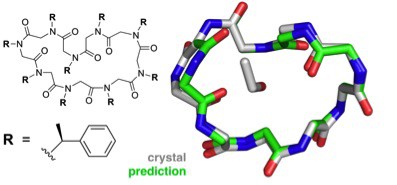

A combination of theoretical and experimental work on peptoids, synthetic analogs of proteins, points to the ability to design peptoids with desired structures and functions.

Studies in mice with otherwise fatal blood clots have shown that targeting a clot-busting drug to regions where blood flow is blocked restores circulation and increases survival with a much lower, safer dose of the drug.
Nanotechnology combines an enzyme and a DNA molecule on the surface of gold nanoparticles to destroy hepatitis C virus in human cells and in a mouse model of disease.
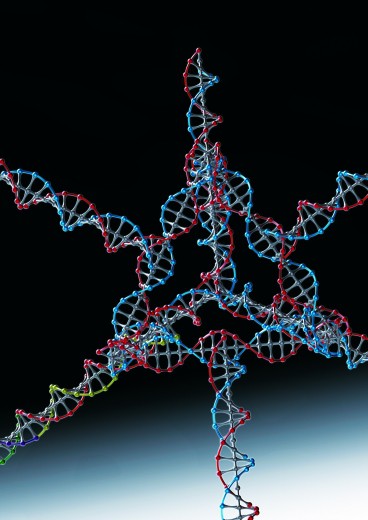
Nanoparticles made from specific DNA and RNA strands, homogeneous in size, composition, and surface chemistry, proved superior to other nanoparticles in silencing gene expression in tumors in mouse experiments.
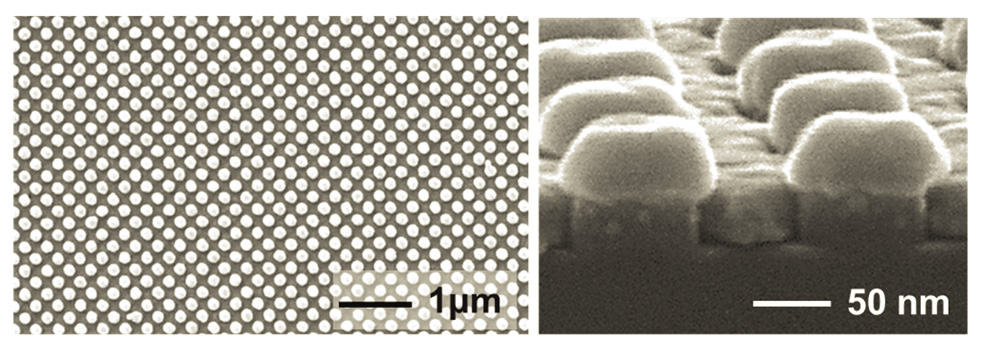
A new nanomaterial provides a three million-fold improvement in the sensitivity of common medical tests, potentially permitting earlier detection of cancer and Alzheimer’s disease.
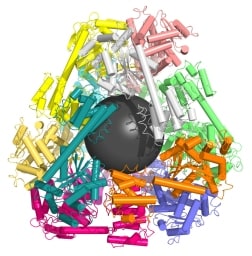
A variety of protein cage structures have been constructed by designing specific protein domains to self-assemble as atomically precise protein building blocks in defined geometries.

A set of 310 short single-stranded DNA tiles, plus a few additional short sequences for the edges, has been used to form more than a hundred large, complex DNA objects.

Nancy K Mize, PhD, Scientist, Innovator, and CEO of GENOGEN Inc., will continue Foresight’s local Bay Area community events with a lecture “GENOGEN: Regenerating Skin for Life”. GENOGEN is developing products that activate resident skin stem cells to stimulate local areas of regeneration of skin naturally – the way children heal.

Nanoparticles targeted to cancer cells by antibodies cannot achieve enough specificity to kill drug-resistant cancer cells while sparing normal cells, but can achieve enough specificity to produce nanobubbles only in cancer cells, so the drug only enters cancer cells.
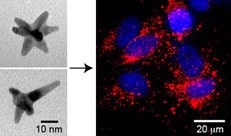
Gold nanostars targeted to a protein over-expressed in most cancer cells are shuttled by that protein directly to the cancer cell nucleus where illumination with a laser light releases a drug that deforms the nucleus and kills the cell.